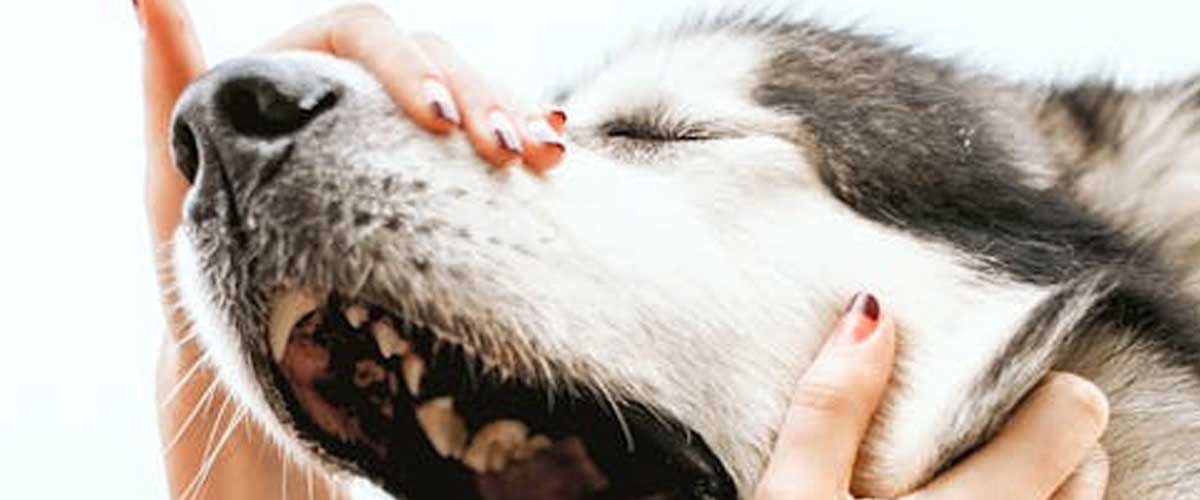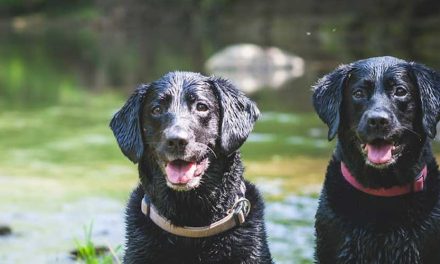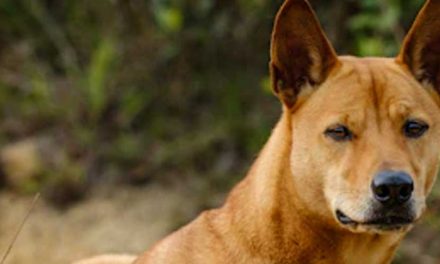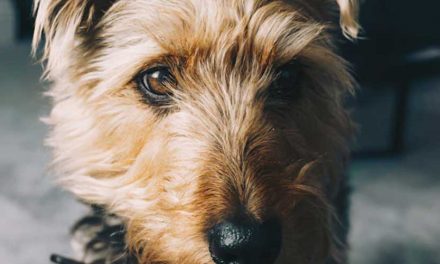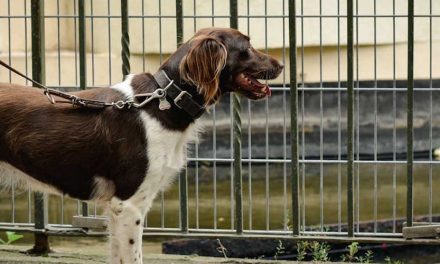The Shikoku dog is a captivating and ancient breed that hails from Japan, specifically the Shikoku Island.
As one of the country’s native breeds, Shikokus carry a rich history and are known for their loyalty, intelligence, and spirited nature.
They are categorized within the Japanese spitz family, which also includes other breeds like the Akita and Shiba Inu.
History and Origins
The Shikoku dog is believed to have been bred since the 8th century, as their ancestry is linked to the dogs that accompanied early Japanese settlers.
Over the centuries, they were primarily utilized for hunting small game, including boar and deer, thanks to their exceptional agility and keen sense of smell.
Their origins are deeply rooted in the culture of Japan, and they were recognized officially as a national treasure in 1982.
Appearance
Shikokus are medium-sized dogs, typically weighing between 35 to 55 pounds and standing about 17 to 21 inches tall at the shoulder.
They possess a well-proportioned, compact body, and their muscular build makes them agile and strong.
The breed features a striking double coat – a soft, dense undercoat and a harsher outer coat that is often red, sesame (red with black-tipped hairs), brindle, or white.
Their distinctive curled tails and erect ears add to their alert and confident demeanor.
Temperament
Known for their intelligence and playful spirit, Shikokus are highly regarded as loyal companions.
They have a friendly disposition, especially towards their families, but can be reserved or aloof with strangers.
This trait makes them excellent watchdogs, as they are naturally protective of their home and loved ones.
Early socialization is crucial to ensure they develop into well-rounded adults.
Shikokus are also known for their independence, which can sometimes be mistaken for stubbornness.
They thrive on mental stimulation and physical activity, so regular exercise and engaging activities are essential to keep them content.
They often enjoy outdoor activities, making them ideal companions for active families.
Training
Training a Shikoku requires patience and consistency.
Their intelligence is a double-edged sword, as they can quickly learn commands but may also test boundaries.
Positive reinforcement techniques work best and should incorporate plenty of praise and rewards.
Starting training early and providing socialization opportunities will help them grow into obedient and well-behaved dogs.
Health and Care
Overall, Shikokus are a healthy breed, but like all dogs, they can be prone to certain health issues.
Regular veterinary check-ups, a balanced diet, and proper exercise are important for maintaining their health.
Grooming needs are moderate; their double coat benefits from regular brushing to manage shedding, especially during seasonal changes.
Conclusion
The Shikoku dog breed is a unique blend of beauty, intelligence, and loyalty.
Their fascinating history and playful personality make them a wonderful choice for those seeking an active canine companion.
With proper training, socialization, and care, Shikokus can thrive in a loving environment and become cherished members of any family.
If you’re considering adding a Shikoku to your home, you’ll be rewarded with a loyal and spirited friend who will enrich your life with their charming nature.

